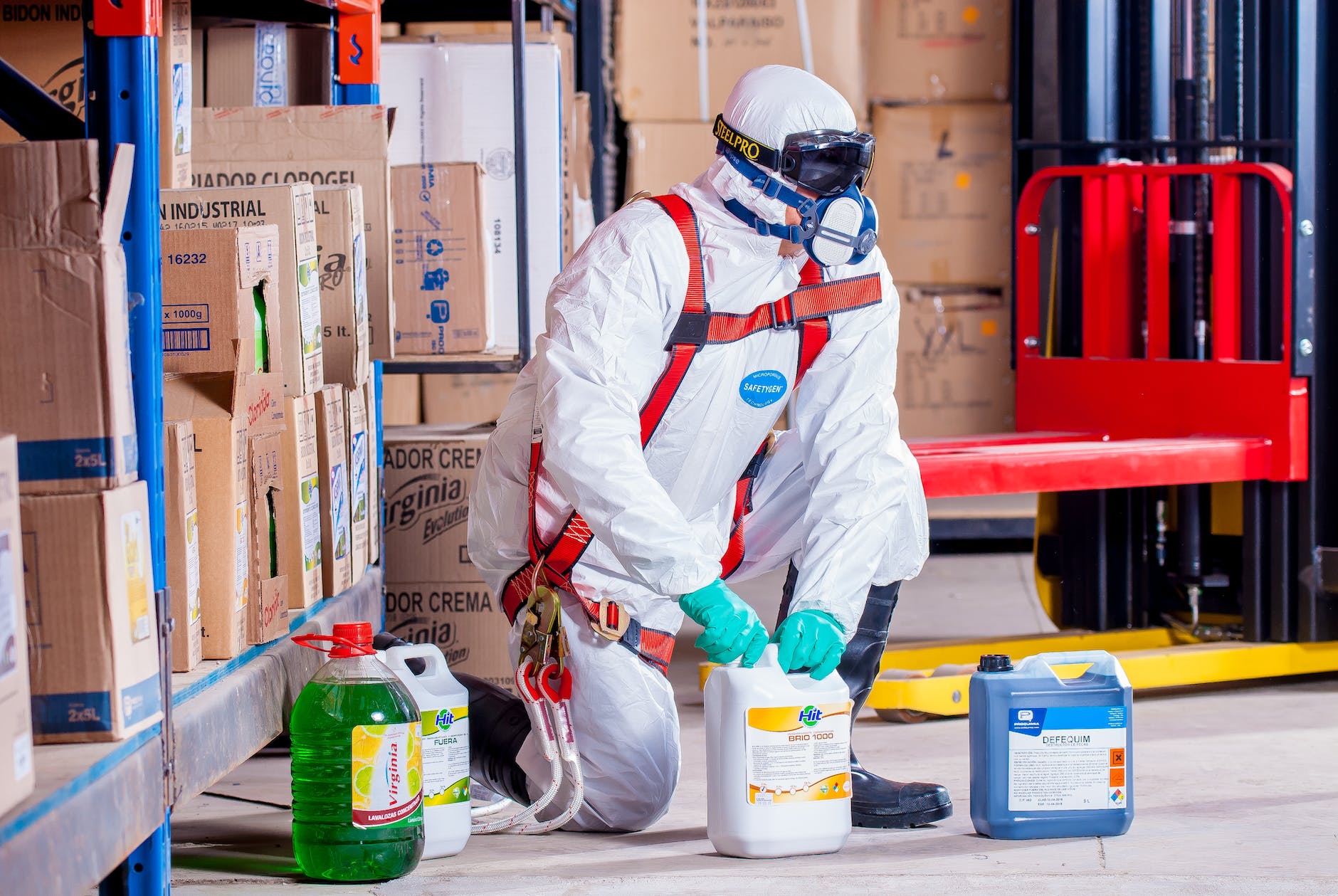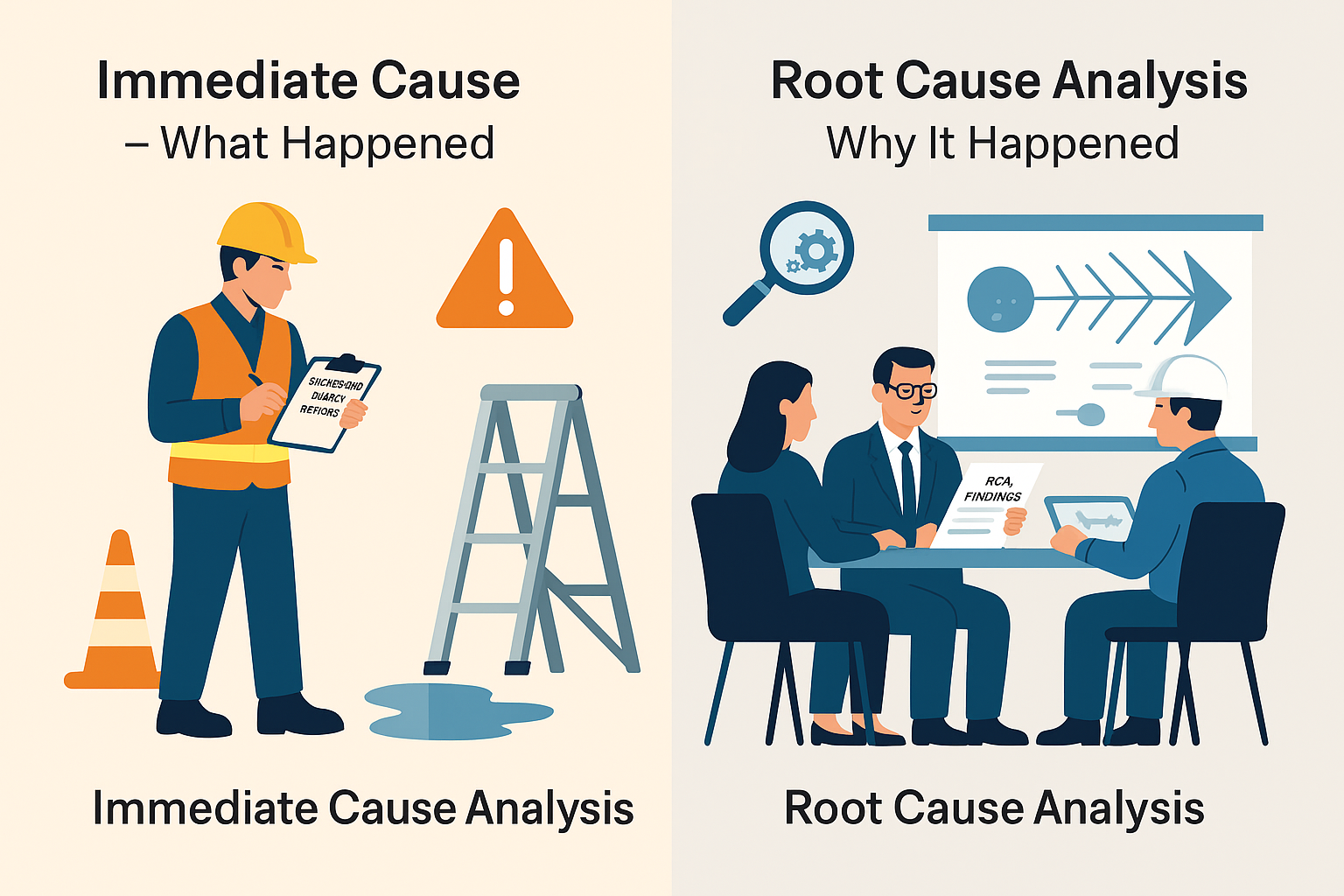
Chemical Safety Quiz: Test Your Safety Knowledge
Chemical Safety Quiz : Chemicals are an integral part of our lives, playing essential roles in industries ranging from manufacturing to healthcare. While they bring numerous benefits, they also pose potential risks if mishandled. It’s crucial to have a comprehensive understanding of chemical safety to ensure the well-being of both individuals and the environment. This article presents a Chemical Safety Quiz to test your knowledge about handling chemicals safely. Let’s dive in and see how well you know your chemical safety practices.
Introduction to Chemical Safety
Chemical safety refers to the practices and protocols designed to prevent accidents, injuries, and environmental damage caused by the mishandling of chemicals. Whether at home or in the workplace, understanding the potential hazards associated with different chemicals is essential.
The Importance of Chemical Safety Training
Proper training is the foundation of chemical safety. Employees who handle chemicals should receive comprehensive training on safe handling, storage, and disposal procedures to minimize risks.
Understanding Hazard Communication
Hazard communication involves effectively conveying information about chemical hazards to ensure that individuals are aware of potential dangers. This includes labeling, safety data sheets (SDS), and clear communication of risks.
Personal Protective Equipment (PPE) Guidelines
Personal protective equipment, such as gloves, goggles, and lab coats, plays a crucial role in safeguarding individuals from chemical exposure. Understanding when and how to use PPE is vital.
Emergency Response Procedures
In the event of a chemical spill, leak, or exposure, having well-defined emergency response procedures can mitigate the potential damage. Quick and appropriate actions can save lives and prevent further harm.
Safe Chemical Storage Practices
Proper chemical storage prevents accidents and minimizes the risk of chemical reactions. Segregating incompatible chemicals and storing them in well-ventilated areas are key considerations.
Identifying and Evaluating Hazards
Conducting thorough risk assessments helps in identifying potential hazards and evaluating the associated risks. This proactive approach enables the implementation of preventive measures.
Risk Assessment and Management
Risk management involves implementing strategies to minimize the likelihood and impact of chemical incidents. This includes implementing control measures and establishing contingency plans.
Common Chemical Safety Mistakes to Avoid
Understanding common mistakes, such as improper mixing of chemicals or neglecting to read labels, can prevent accidents and ensure a safer working environment.
Chemical Exposure Routes and Effects
Understanding how chemicals can enter the body and their potential health effects helps individuals take appropriate precautions to minimize exposure risks.
Workplace Chemical Safety
Workplaces must adhere to strict chemical safety protocols to protect employees’ health and well-being. Regular safety audits, proper ventilation, and employee training contribute to a safer work environment.
Environmental Considerations in Chemical Handling
Chemical safety isn’t just about human safety; it also involves minimizing the impact on the environment. Proper disposal and minimizing chemical releases contribute to environmental protection.
Regulatory Agencies and Chemical Safety Laws
Regulatory agencies set guidelines and laws to ensure chemical safety. Familiarity with these regulations helps individuals and businesses stay compliant.
Interactive Chemical Safety Quiz
Test Your Knowledge: Now, it’s time to put your chemical safety knowledge to the test with our interactive quiz! Click here to access the quiz and find out how well you’ve mastered chemical safety.
Scaffolding Safety Quiz: Test Your Safety Knowledge
Construction Safety Quiz: Test Your Safety Knowledge
Electrical Safety Quiz: Test Your Safety Knowledge
Conclusion
Chemical safety is a critical aspect of modern living. By understanding and implementing proper chemical safety practices, we can protect ourselves, our colleagues, and the environment from potential harm. Remember, the more you know about chemical safety, the better equipped you are to handle chemicals responsibly and prevent accidents.
FAQs (Frequently Asked Questions)
- Why is chemical safety important? Chemical safety is important to prevent accidents, injuries, and environmental damage caused by mishandling chemicals.
- What is the role of hazard communication? Hazard communication ensures that individuals are aware of potential chemical hazards through labeling and safety data sheets.
- What is the significance of personal protective equipment (PPE)? PPE safeguards individuals from chemical exposure and must be used in accordance with safety guidelines.
- How should chemicals be stored to ensure safety? Chemicals should be stored according to compatibility and ventilation requirements to prevent accidents.
- Why is risk assessment crucial in chemical safety? Risk assessment identifies hazards and assesses risks, enabling the implementation of preventive measures.
























